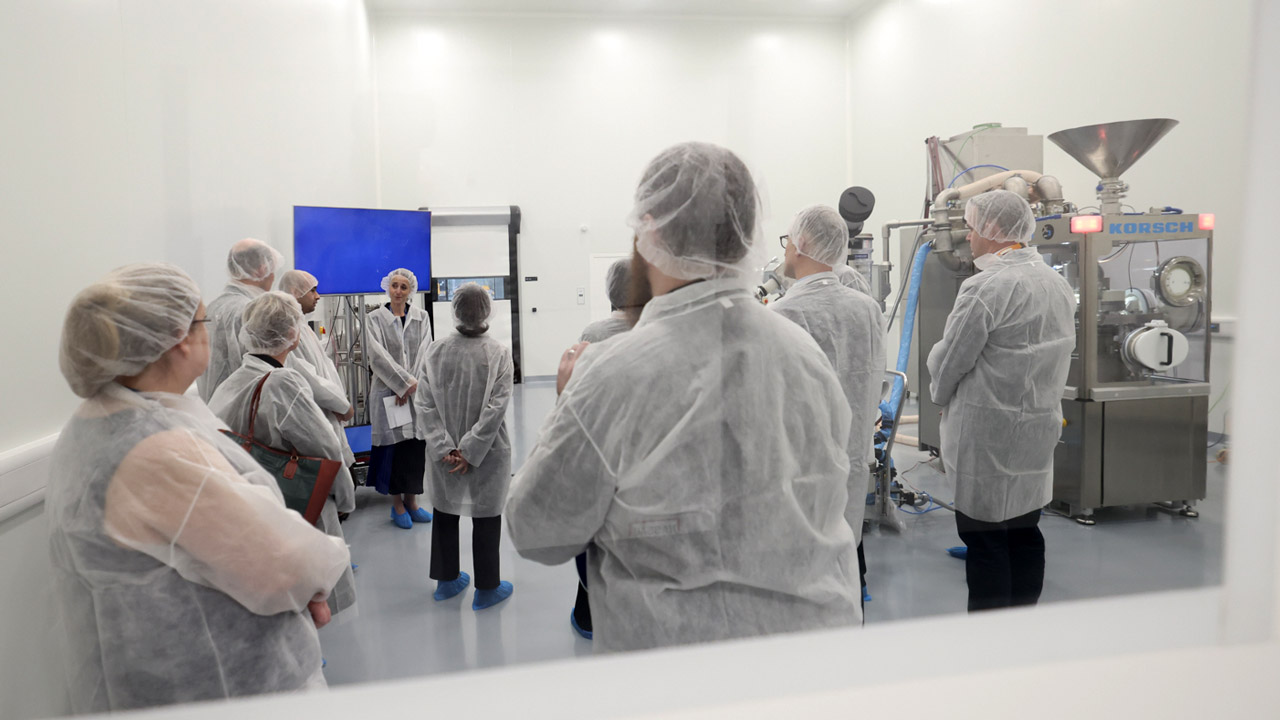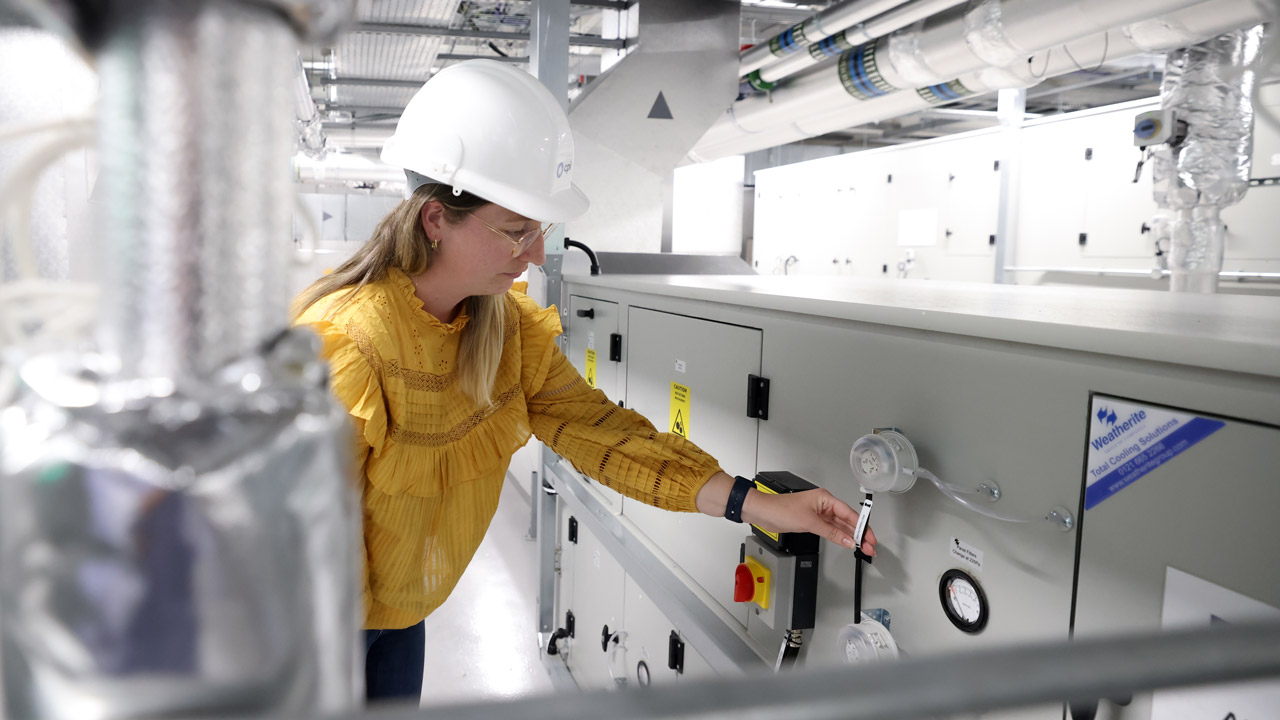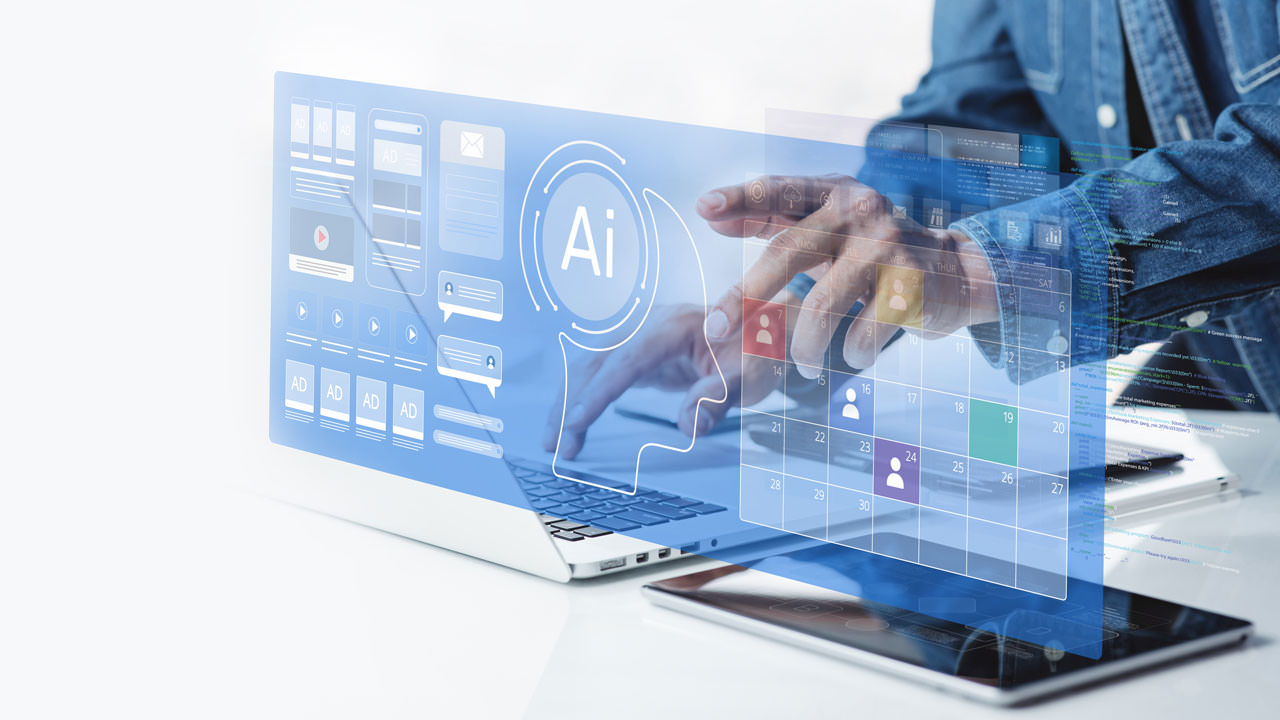TechnologySeptember 21, 2023
Cybersecurity protects clinical trials

Manufacturing medicines for clinical trials is a complex, lengthy, and costly process. As the global demand for medicine continues to grow, the pressure is on for the pharma industry to produce in ever-quicker cycles.
The Medicines Manufacturing Innovation Centre in the UK was conceived to relieve this pressure. “We operate a model in which the pharmaceutical industry and its supply chain work together to identify and overcome major industry hurdles, or Grand Challenges, to reduce the time, resources, and cost of medicines manufacturing – to ultimately deliver benefits to patients,” explains Dave Berry, Head of Digital Business Systems, at CPI’s Medicines Manufacturing Innovation Centre.
The Medicines Manufacturing Innovation Centre is a collaboration led by CPI. Its mission is to safeguard UK’s place as a technology and innovation leader in pharmaceutical manufacturing. The center will initially focus on translating technology for small molecule drug manufacture. With a collaborative innovation culture and state-of-the-art facilities, the new facility allows industry, academia, healthcare providers and regulators to work hand-in-hand to address challenges and maximize technology opportunities in the supply of medicines.
CPI, headquartered in Wilton, Redcar, UK, is a pioneering social enterprise that accelerates the development, scale-up and commercialization of deep tech and sustainable manufacturing solutions.
Through their incredible innovation experts and infrastructure, CPI looks beyond the obvious to transform healthcare and drive towards a sustainable future. CPI brings together pharma giants including GSK and AstraZeneca, the University of Strathclyde, UK Research and Innovation and more than 25 technology companies to fast-track clinical trial manufacturing. As a result of this collaboration, Siemens technologies – from the Digital Twin to industrial automation, to Cybersecurity – now ensure seamless digital processes and a secure Digital Enterprise.

Collaborative innovation will ultimately benefit patient health (copyright: CPI).
Industry problems, digital solutions
As a greenfield site, the center is leveraging the potential of the Digital Enterprise to tackle these challenges. Fully integrated best-in-class technology from Siemens was deployed. The Digital Twin created with Tecnomatix Plant Simulation, for example, allows pharma companies to implement the automation module that they need, to conduct tests, and avoid bottlenecks.
“Modeling allows us to stay within tight specifications,” Dave Berry says. “From a Grand Challenge perspective, we are reducing waste.”
A paperless Opcenter Execution Pharma – a manufacturing execution system (MES), automation and enterprise resource planning systems in one – informs personnel how and when to execute each step, likewise speeding up the process to real-time release, while ensuring full compliance.
Secure automation
Siemens’ industrial automation system was applied to all layers, from the demilitarized zone (DMZ) and network to the MES down to the control level. The Simatic RTLS (real time location systems) tracks materials, cutting down the time needed to locate parts and objects, and optimizing inventory.
Deploying Simatic controllers with integrated security functions and the Totally Integrated Automation Portal (TIA Portal) opens the doors to comprehensive digital automation services and forms the basis of a secure IT/OT (operational technology) environment.
Fully integrated, defense in depth security approach
At Medicines Manufacturing Innovation Centre, where there’s the potential to manufacture clinical trial batches all the way down to the individual level, security is paramount.
Protecting personal and company data in this era of cyberattacks is crucial. “Siemens’ Defense in Depth security approach provides comprehensive and extensive protection on three levels – the plant, the network, and the system – leading the way to a secure Digital Enterprise,” comments Michael Metzler, Vice President, Horizontal Management Cybersecurity for Digital Industries at Siemens.
A Scalance-based security architecture, including Scalance W for wireless, was deployed all across the center’s operational technology network. A customizable Mendix-based dashboard allows Qualified Persons (QP) – who are authorized to legally certify medicines to market – to access information quickly and flexibly. The secure, integrated IT/OT network delivers information from the manufacturer back to the QPs, allowing them to legally release a batch in real time.
Compliant to EU and UN standards
Siemens’ cybersecurity approach complies with both the UN-endorsed IEC 62443 standard and the new NIS 2 EU cybersecurity directive. Siemens Industrial Cybersecurity Services conducted special trainings for the center’s employees to increase awareness.
Optimizing sustainably into the future
With its operations secure, the team at the center can focus on swiftly optimizing. “To improve really quickly, what we have to do is create a lot of waste. By automating and digitalizing processes, we can reduce that waste,” adds Dave Berry.
“From a sustainability perspective, what we can’t do really very well as an industry yet is look at Scope Three Carbon Emissions. By creating a bubble where we readily and rapidly understand digitally what’s happening in Scope One and Two, it enables us to work out the best methodology for implementing Scope Three within the pharma industry. I’m really excited about working with Siemens to help get that done,” Berry concludes.


